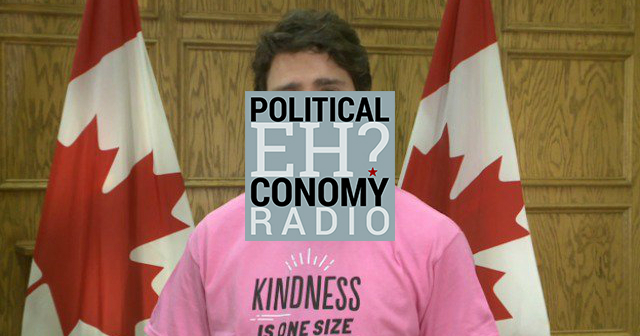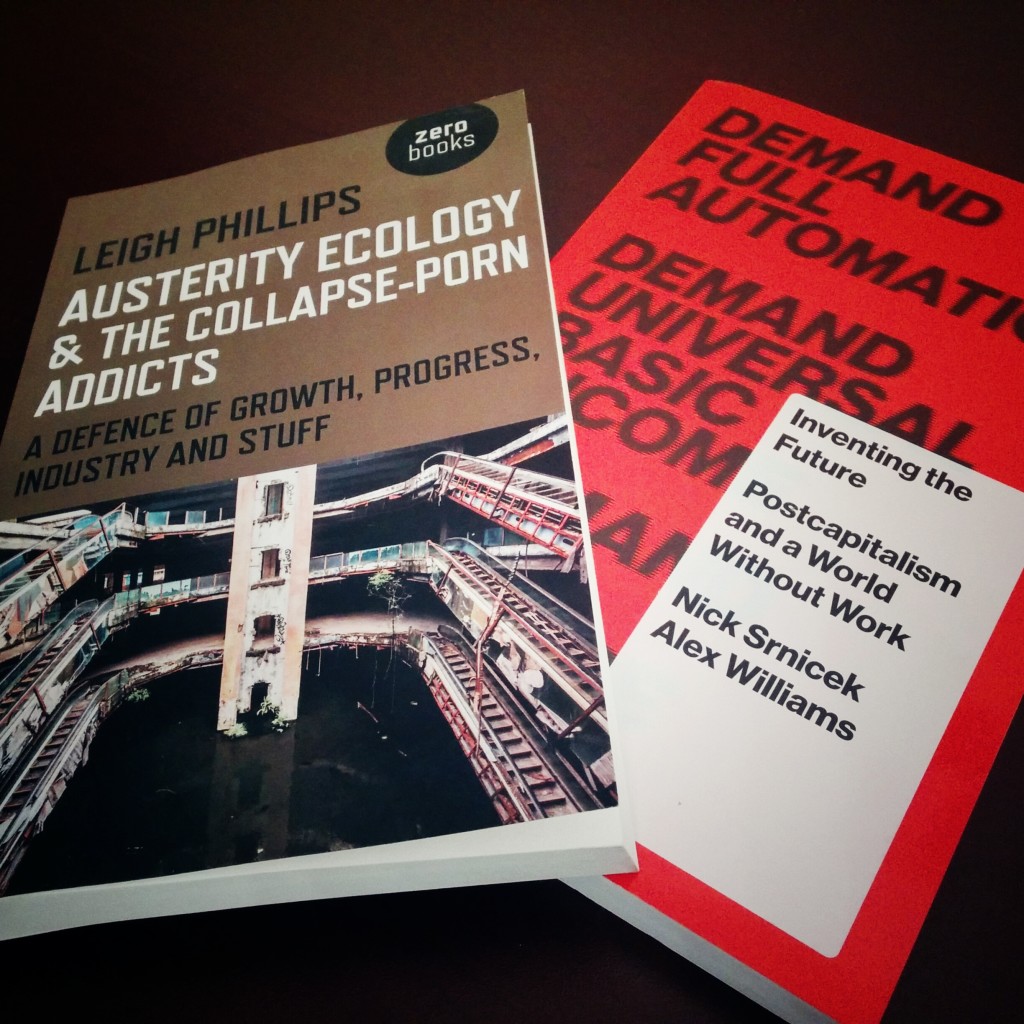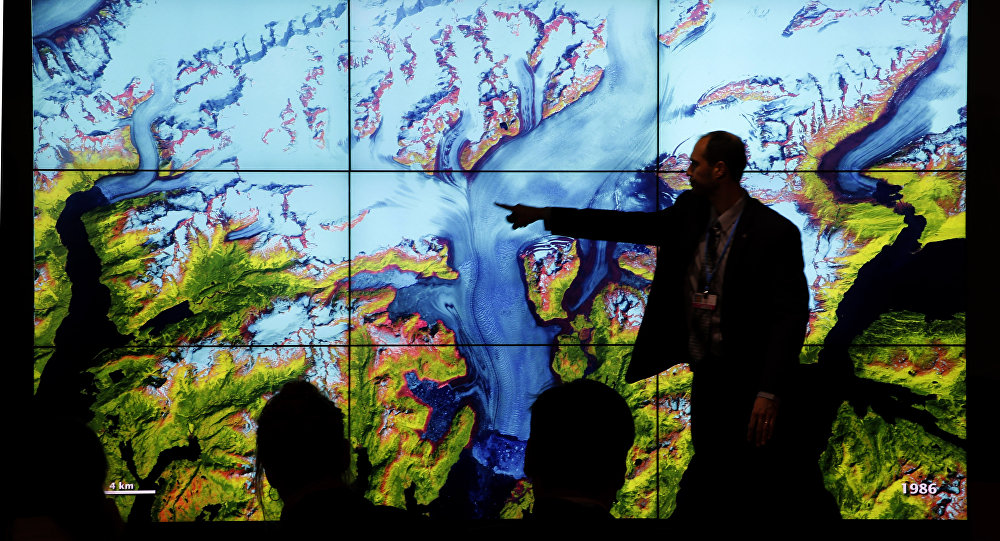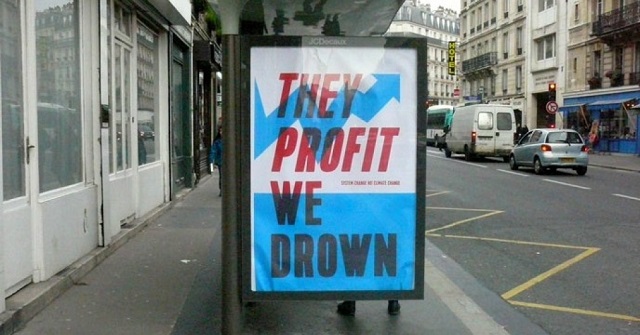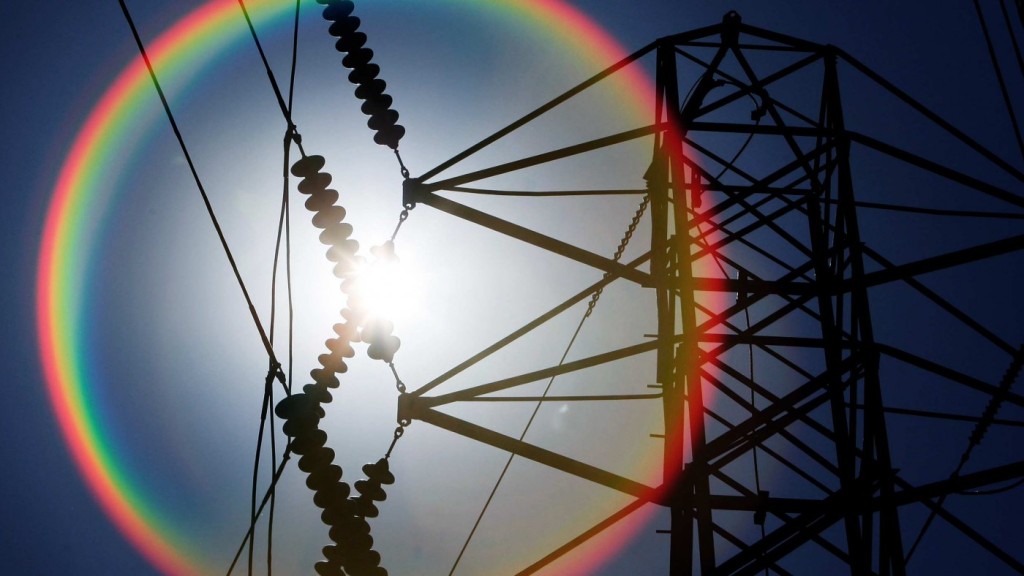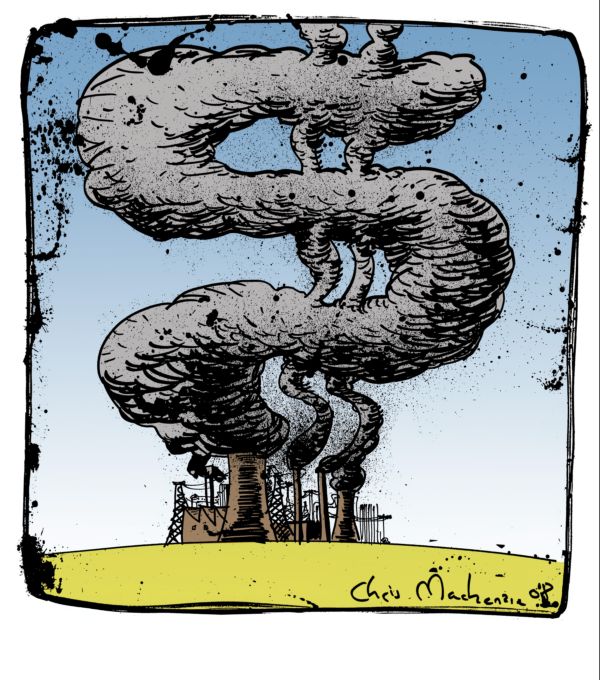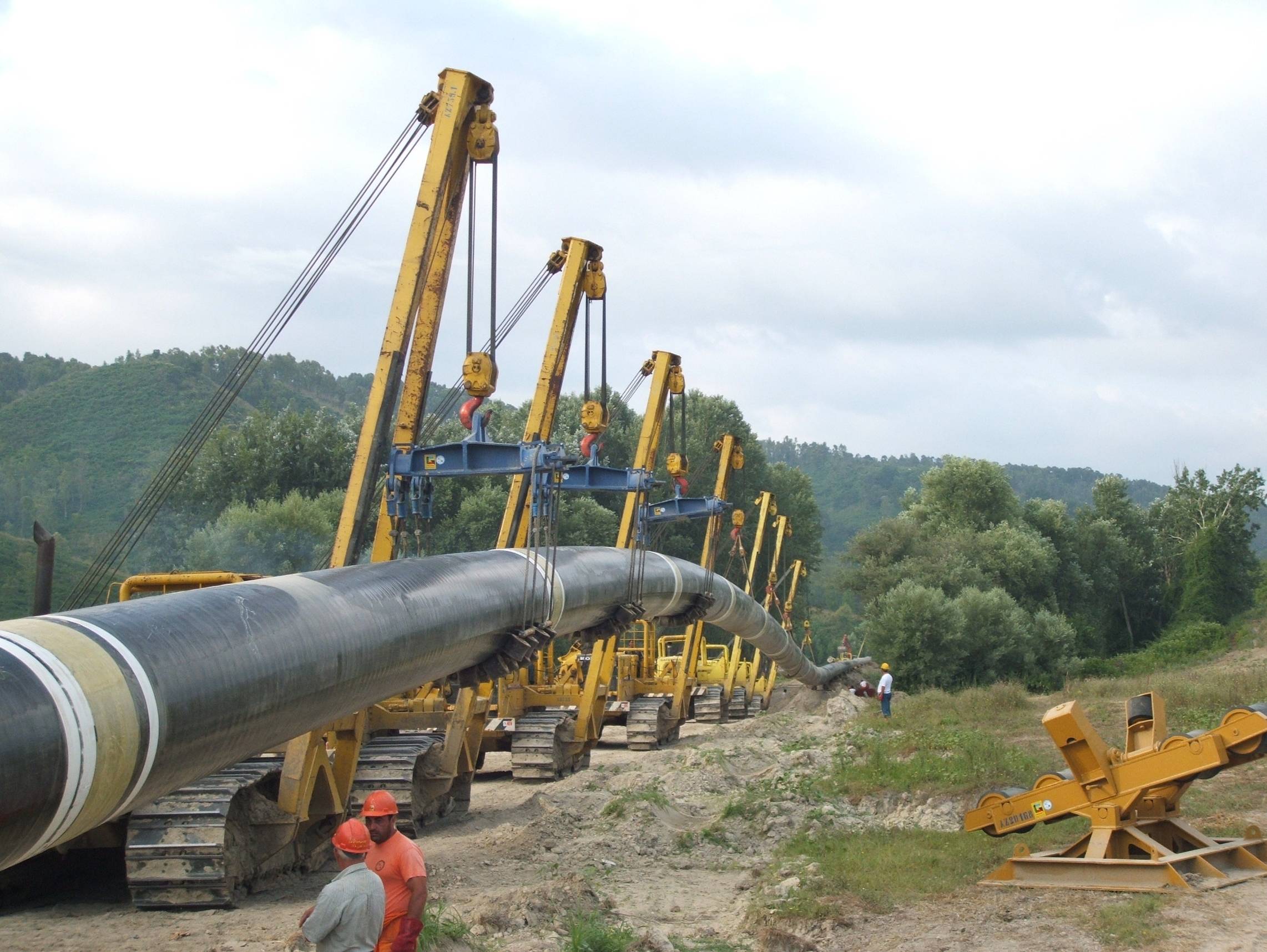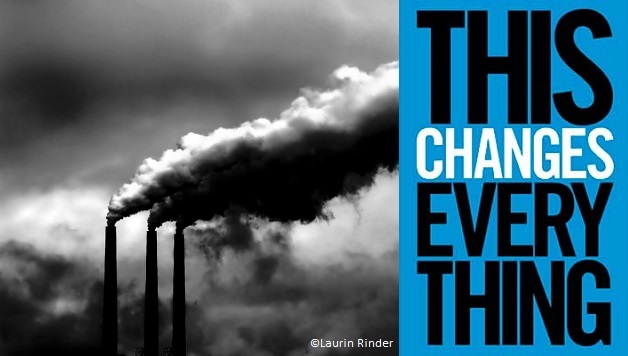Here’s a piece I wrote for Ricochet after getting riled up by *some* of the arguments against Site C. The full piece is here.
As the movement against pipelines rapidly grows, more and more often you can hear the question, “We know what you’re against. What are you for?” The debate over the future of power generation in British Columbia offers some lessons for how to answer this question and not fall victim to a privatized green vision.
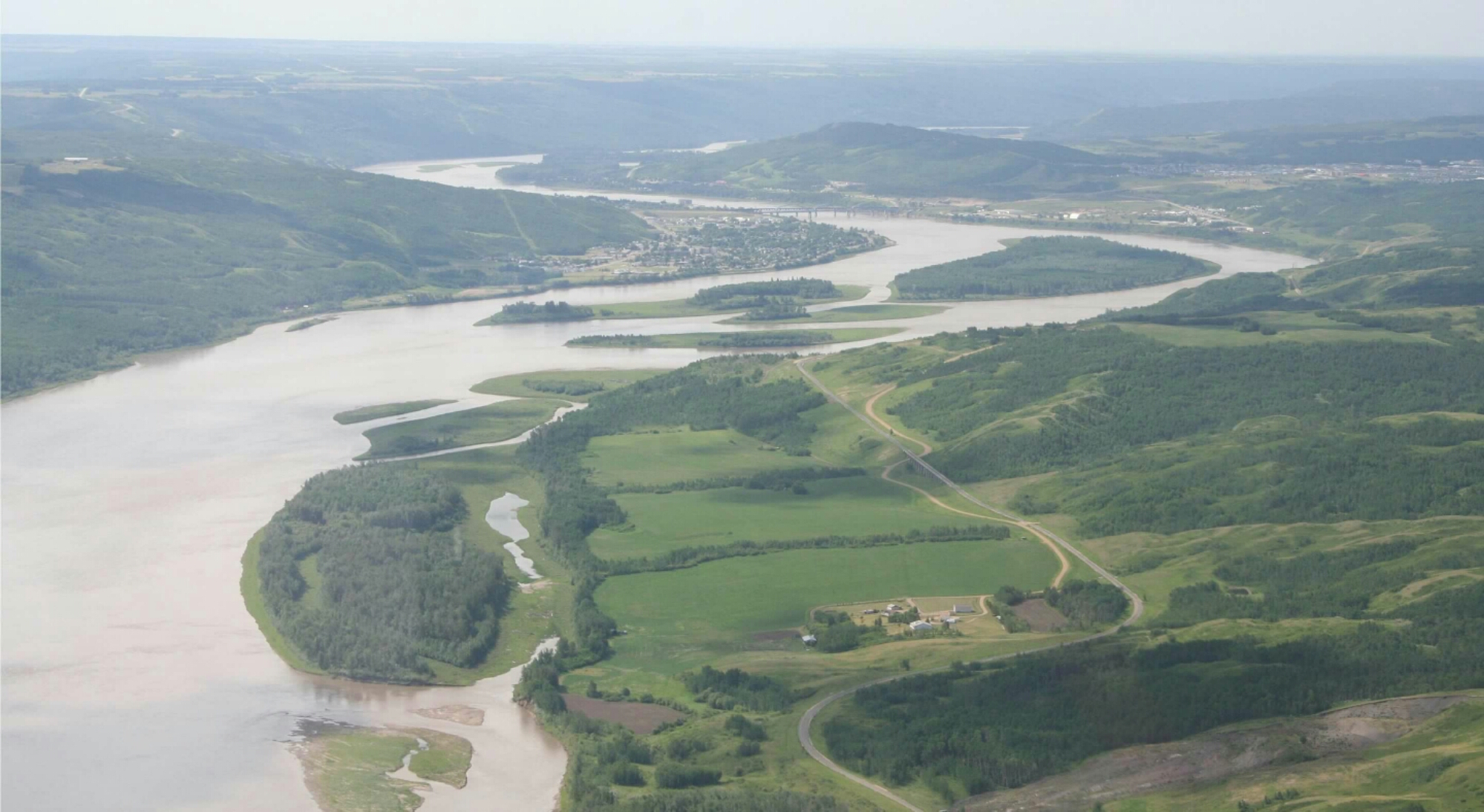
Tuesday the B.C. government decided to give the long-delayed Site C dam the green light. The dam would be the third on the Peace River in northeastern B.C. It will produce enough electricity to power nearly half a million homes (or one or two liquefied natural gas plants), flood around 50 square kilometres of land and cost almost $9 billion.
The decision has reinforced the polarized tenor of debate over Site C in B.C. On one side are local groups, First Nations, and environmentalists; the governing B.C. Liberals and business organizations stand opposite.
At first glance, Site C is what the left has been going on about for a while: major, green, public infrastructure. Not only does Site C fit this billing, but it could power further green initiatives like a mass electrification of transportation. It would also be very efficient: relatively little land would be flooded given the power generated, because the Peace River is already twice dammed.
Of course, the picture is not so simple. First, the proposed dam has not seen a transparent and independent review process; in fact, it has been exempted from the standard BC Utilities Commission review process. Second, the territory to be impacted is First Nations treaty land and hosts farming communities. Not only would construction of Site C inhibit farming, hunting, fishing and other uses of the land, but Canadian courts have recently confirmed the necessity of respecting and accommodating Aboriginal title. Finally, Site C has been so beloved by the Liberals and the business community because it could eventually supply cheap power to planned liquefied natural gas and mining industries — clean power for dirty industry.
Of these three, the liquefied natural gas industry looks to be on increasingly shaky ground. Critics point to concerns about what will be done with the power generated by Site C given much lower demand outlooks without LNG. Yet while mass electrification of transportation is not on the horizon, projects like Site C are built for decades. The major issue is lack of First Nations accommodation and due process. Without a transparent and democratic process, it is small wonder that the proposed dam has been a flashpoint of anger and protest.
Taking a wider view, Site C is emblematic of something much broader that has relevance across Canada: how do we support genuine green alternatives? This question is about much more than how we generate electricity; it’s about the narrowing of choices and a necessary response that reaffirms the public sphere.
